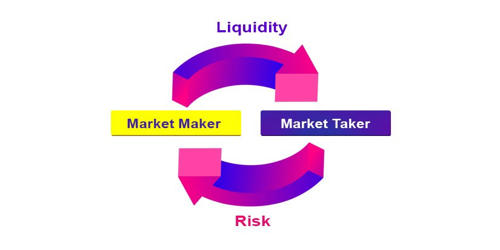Ecoleasing is a system in which goods are leased to the customer over a certain period of time, after which he returns the item so that it can process the materials. The aim of this type of project is, to come to general expressions on one hand of the market potential and on the other hand of the restrictions for ecoleasing in the field of technical commodity goods.
The concept of ecoleasing is the industrial economic answer to the question of how to deal with service orientation and the dematerialized business.
Examples
Sustainable development is not possible without changing our common practice of economy. Besides the need for ecological product development, it is also very important to find new ways for marketing and trading these new products and services. An example of eco pleasing is a lease of a TV set. In this case, a consumer signs a contract with the TV manufacturer. According to the contract, the consumer has a right to use the TV for e.g. 15,000 hours. After this period he returns the TV to the company, which then recycles it. Ecoleasing is usually done with appliances and other relatively cheap household products. It is hardly ever used for land, real estate, and expensive products.

Eco-services are offers that are forced to use natural resources in a very efficient way. In the theory of eco-services, the selling of products is substituted by the selling of services.
Advantages
Ecoleasing is a system in which goods (mainly from the technical cycle) are rented to a client for a certain period of time after which he returns the goods so the company that made them can recycle the materials.
- Since materials are reclaimed, fewer or no materials end up in landfills or require other forms of waste disposal. As such, it is quite environmental.
- Materials are recovered by which the company can make new products, so the material costs for this new product are much lower for the company.
- Since new products can be made at a lower expense, the sale price of these products can also be comparatively lower than similar products made by the competition (if they use a system of purchasing the goods)
















